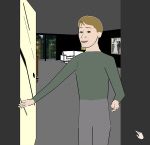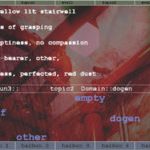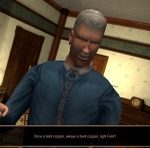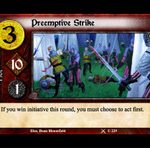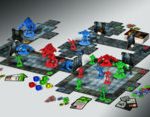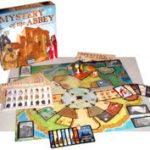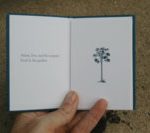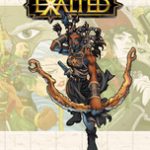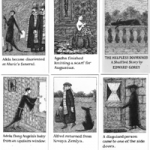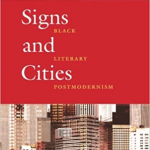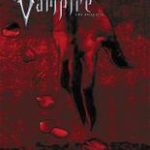2008
Jan Van Looy criticizes Erik Mona's history of Dungeons & Dragons as overly descriptive, and Van Looy critiques the game's quantification of the qualitative, i.e., personal characteristics and magic - which were hitherto considered unquantifiable.
Jordan Mechner explains how the team developing of Prince of Persia: The Sands of Time incorporated a number of cinematic techniques such as flashback and voice over (which do not usually figure into video games) while also working within the practical restrictions of a commercial production schedule.
Michael Mateas and Andrew Stern argue that new media practitioners and scholars should be literate in the code that underlies their objects of creation and study. To this end, they explain how they structured the code of their computer-based interactive drama Façade, which capitalizes on the procedural nature of computers to create a forum for participatory drama that negotiates players' local and global agency within the game world.
Robert Zubek describes how his program takes advantage of the tropes of breakup conversations. These generic norms allow The Breakup Conversation to assess players' textual entries categorically rather than semantically and thereby convincingly simulates an IM-based interaction.
Chris Crawford walks through Deikto, an interactive storytelling language that "reduce[s] artistic fundamentals to even smaller fundamentals, those of the computer: addition, subtraction, multiplication, and division."
D. Fox Harrell considers what is computational about composition, and describes the GRIOT system for generating literary texts.
Lee Sheldon describes his playable adaptation of Agatha Christie's And Then There Were None, which relies on his invention of a "suspicion meter" to quantify and track the player's interaction with - and assessments of - NPCs (non-player characters).
The electronic release of Second Person starts with a number of essays on tabletop role-playing. Most of these consider the entanglement of play and narrative in a variety of game systems, from the highly controlled to the largely open-ended.
Eric Lang (with Pat Harrigan) explains the advantages writers have in crafting adaptations of literary franchises into collectible card games. Lang maintains that, while attempting to remain true to the original, when turning narratives into games, one must "respect the medium."
Kevin Wilson describes his methodology of boiling a franchise down to its core elements and weighing the differences among media when translating games from medium to medium.
Bruno Faidutti begins with the controversial premise that "[e]very game tells a story," in his description of how he uses literary techniques to enhance gameplay - even in non-RPG systems such as board games, which don't traditionally include a story.
Jeff Bursey argues for a coherent, if unlikely, set of predecessors for William T. Vollmann: Aleksandr Solzhenitsyn, Blaise Cendrars, and John Cowper Powys. In the process of tracing this genealogy, Bursey defends Vollmann against critics who attack his alleged objectification of his subjects - prostitutes, the poor, and victims of violence.
Eric Zimmerman describes his interactive paper book as "an inverted exquisite corpse," and although a digital version of the book would be easy to produce, he argues that an electronic edition would not produce as meaningful an experience as the printed volume.
Kim Newman describes various methods of approaching his choose-your-own-adventure-style novel, which can be read or played because, like a role-playing game, "you are at once a reader and the main character."
Using Exalted as her text, Rebecca Borgstrom begins with the premises that every role-playing game requires a setting, and that to establish a fictional world players work within a mutually agreed upon structure to construct meaning.
James Wallis uses genre as the fulcrum for balancing game rules and narrative structure in story-telling games, which he differentiates from RPGs through their emphasis on the creation of narrative over character development.
Jon Adams rifles through the instrument cabinet of the man upstairs by way of William J. Jackson's Heaven's Fractal Net. Adams finds more problems than solutions in Jackson's position that fractals are a fundamental and universal structure of life - a position Jackson stakes out by vacillating between scholarly proof and speculative guruism.
Amy J. Elias reviews Madhu Dubey's second book Signs and Cities: Black Literary Postmodernism and gauges the argument that we can locate within literary history a distinctive African American strain of postmodernism.
Will Hindmarch contests Greg Costikyan's challenge to the idea that "games have something to do with stories" by contending that "storytelling games reconcile the theoretically antithetical relationship between their two halves - story and game."
2007
Jeff Tidball contends that the Second Person collection deals too much with the mechanics of narrative and too little with the emotion it can evoke.

